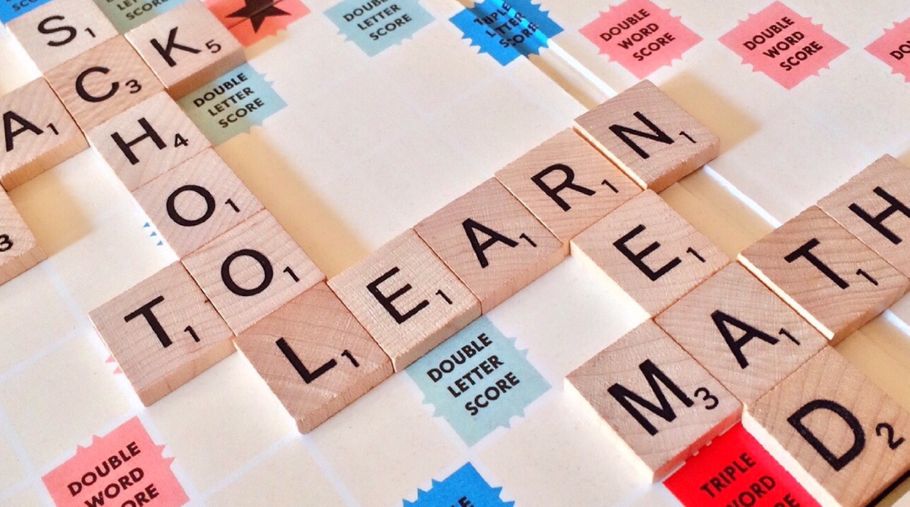
Welcome to 'My Expert Exam Marker'! I am very excited to be launching this new website and blog. I aim to support and inspire students in their English studies at all ages. I hope you will find something here that will be useful!
One of the most common questions a teacher and tutor is asked by parents is 'How can I help my child improve in English?'. Some parents are after textbooks with exercises, spelling lists and vocabulary lists. I usually brush all those aside and tell them that the single most powerful thing for a child to do is to READ. Some parents are taken aback and look at me sceptically. 'Is that all?', they seem to be saying. They seem to desire something more pro-active, more demonstrably a 'task' with quantifiable and specific results.
'Reading' as an activity is hard to quantify into hard data that we seem to be so enamored of in education nowadays. It is a holistic process, which can engage all the senses, fire the imagination and uplift the soul. Think about the thrilling experience of picking up a newly published book, smelling the ink that is still fresh, touching the glossy pages, running your hands over the tightly bound spine. Then there's the cracking sound of the spine as you open up a hefty volume, the delight at encountering an array of beautiful images that travel with you as you go through the narrative. And you dive in... words spinning, new and familiar, nudging you on to exploring the unknown constantly through metaphor and simile, through context, plot and characterisation. The possibilities of a good book are endless, it can take you through all the disciplines, whether it be history, psychology, geography, logic and more as you are engaged and critically evaluating each new twist in the tale.
If we were to break it down into more prosaic terms, reading allows students to engage with an example of living language, something which the study of rules, vocabulary and spelling lists will never achieve. As a baby you do not learn language through study, but by being immersed in a real environment where language is being used. The same goes with reading - you learn almost by osmosis, picking up varied vocabulary, the ability to express oneself through figures of speech (so essential for creative writing), grammatical structures, spelling and varied syntax and sentence structures. Most importantly, in my opinion, it develops the ability of a child to think critically, to evaluate and judge as they are developing and ever-widening frame of personal reference, their own 'cultural capital' which will allow them to encounter books and the world in a more confident and evaluative fashion.
In addition to reading out loud and listening to my children reading, my family have fallen in love with audiobooks and I subscribe to both Amazon's 'Audible' and 'Scrib'd' which have an excellent range of children's audiobooks of very good quality. When you use audiobooks or read aloud to a child, you can read books which are significantly above their reading level, and as long as the material is age-appropriate, you have a wonderful opportunity to challenge them even further. My two girls are 5 and 7 and we have recently finished reading 'Heidi' by Johanna Spyri for the second time. My 5 year old was able to keep up with the basic plot and my 7 year old was enchanted with the descriptions of Heidi's life in the mountains. Do not underestimate your children! Challenge them and they will rise to the occasion. I find my children get hooked on audiobooks and beg me to turn them on. I use them as a reward for finishing chores or dull homework. It really motivates them! They are so versatile as well! We always have an audiobook on the go in the car. Audiobooks are also a great way of minimising screen time!
One of my favourite resources for finding books for children is 'Bookfinder', published by the Book Trust, which allows you to find age-appropriate books for babies up to young adults. Another favourite website of mine is Biblical Homeschooling which has an amazing list of 1000 'Good Books' for children to read, divided into age categories. They are all wholesome, inspiring and uplifting classics.
So make it a daily routine with your children, ensure they read at least 15 minutes a day. Discuss what they are reading. Challenge them to think about the way characters are portrayed, why they enjoyed certain bits and not others. Think about the author's messages and any 'lessons' he or she wants the reader to learn. If you can, link the book to the time period it was written in. What was going on during the time period in terms of history, culture, social and philosophical movements? In this way you will be helping your child develop their own critical perspective and world view. You will also be encouraging them to develop a wonderful and rewarding hobby that will stay with them for life!
Subscribe to my blog for more English educational tips and articles. Click on the RSS icon below!

